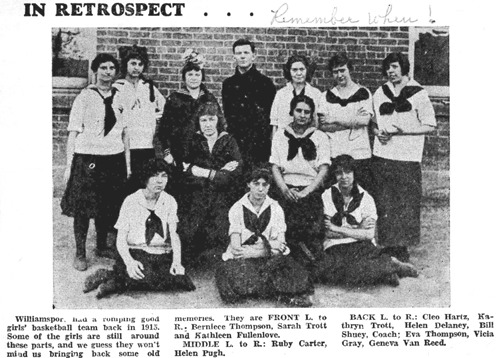By James Wallace Harris, June 30, 2015
Now that Apple has entered the streaming music business it’s obvious that streaming is the future. After more than a century of wax cylinders, 78s, LPs, 45s, 8-tracks, cassettes, CDs, DATs, SACDs, MP3s, music will arrive by subscribing to bits and bytes. We’re now in a transition phase. Some people will listen to music they own, and others will listen to music they rent. As the advantages of subscription music become apparent to all, most listeners will forget about owning. If songs aren’t instantly available on their smartphones, they will be forgotten.
Because I listen to ninety-nine percent of my music through Spotify, The Beatles are becoming a forgotten band. I’m sure Apple hopes to make an exclusive deal to stream The Beatles like they did for selling their songs and albums by digital downloads. If The Beatles make such an agreement, I might forget them completely. I bought twelve of their thirteen re-mastered CDs when they came out a couple years ago, but I don’t play them. Some are still in the shrink wrap. Listening to music on Spotify is just too damn convenient.
Most of the famous bands that held out against the subscription music tide have given in – AC/DC is the latest example. I have to admire that group for not making an exclusive deal. During the transition phase to a complete subscription music age, we will have to find ways to deal with forgotten bands. There are several reasons why music from the past isn’t offered today.
First, a band will refuse to allow their music to be streamed. That’s becoming less likely as people quit buying music. Second, music is often tied up in legal battles. Again, that will be resolved. There is a lot of music from the past that is forgotten because there’s no demand or its creators aren’t around to promote it. I assume this will change over time as those who still remember will complain. Finally, what we can hear will be limited by exclusive deals. There’s over a dozen subscription music services out there now with more coming on line all the time. The best way to capture subscribers is to promise the biggest catalog, especially catalogs with artists and albums that other services don’t contain. I find this mercenary practice a heinous aspect of the music business.
Right now the standard price for subscribing to a music library is $10 a month. If some services seek to dominate with exclusive deals, there will be a tendency towards monopolies and squeezing out the smaller services, or for people to subscribe to more than one music site. One solution to make subscribing to multiple libraries possible is to change the fee structure. For example, if Spotify and Apple charged $2.99 to be a subscriber, and then one penny a play, then fans could easily enjoy two sites and pay artists fairly.
One reason why artists have avoided subscription services is the low royalty payments. Between the music publishers and subscription services, they seem to make the best deals for themselves. Apple almost got away with giving people three months of music to new subscribers without paying the artists. I think the artists would get a better deal if their payments were separated from subscription fees.
One cent a play is the perfect payment. That cent should be divvied fairly between the composers, performers and record companies. The one cent fee should only be for specific playing of songs. For random background listening, artists should get a lesser fee paid out of the subscription service fee. That way, unless a fan plays specific songs all day long, most listeners will still stay close to the $10 a month bill.
With better royalties I believe most music from the past will be unearthed and put online. Forgotten bands and their albums will show up in libraries, making subscription music nearly perfect. Right now there are many favorite songs from the past that I can’t add to my playlists. In the future, when everything I want to hear is in my subscription, I can’t imagine another system of music delivery ever replacing it.
Pictured are just some of the albums I can’t play on Spotify today. I hope they will all be available within a year.
JWH













